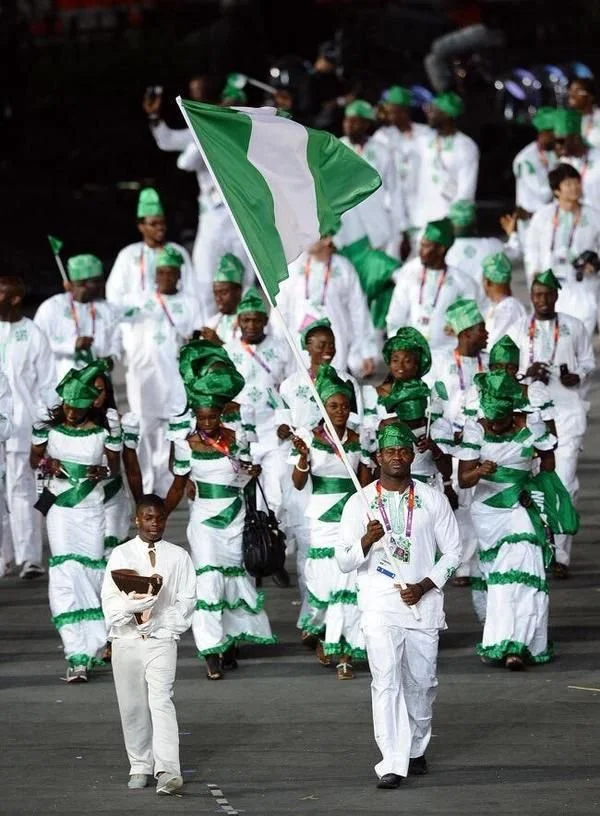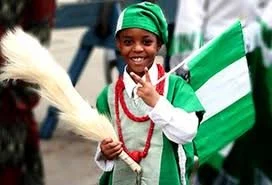Nigeria’s Independence Day: Rekindling the Fire of Freedom
By: Chimdindu Ken-Anaukwu
When the Union Jack came down on October 1, 1960, Nigeria wasn’t just cutting ties with Britain. It was stepping into its destiny as Africa’s giant. Independence Day isn’t just a public holiday filled with parades and cultural displays; it’s a reminder of resilience, unity, and the unfinished work of nation-building. But let’s be honest; for many Nigerians today, October 1 feels like just another day. The fire is fading. That’s why we must go back to what this day truly means.
The Struggle for Freedom
Nigeria’s independence didn’t arrive overnight. It came through the determination of leaders like Nnamdi Azikiwe, Obafemi Awolowo, Ahmadu Bello, and Tafawa Balewa, who pushed for self-rule. Their fight wasn’t only political; it was cultural, rooted in giving Nigerians back their voice, their dignity, and their future.
The Anthem That Called Us
Remember the old national anthem? “Arise, O Compatriots, Nigeria’s call obey.” Those words weren’t just lyrics; they were a challenge. A call to action. A reminder that independence isn’t about government alone; it’s about each citizen carrying the torch. Today, too many have grown tired, disillusioned, and apathetic. But October 1 should rekindle that fire. We cannot let our ancestors’ sacrifices go dim in silence.
The Celebration Across Nigeria
Today, Independence Day is celebrated with parades, speeches, music, and of course, football matches. Schools, communities, and families dress in green and white, the national colors symbolizing hope and peace. But beyond the fanfare, it’s also a time for Nigerians to reflect on the progress made and the challenges that remain: corruption, inequality, and the struggle for unity in diversity.
Language: The Unseen Freedom
Nigeria is a land of over 500 languages, from Igbo to Yoruba, Hausa to Tiv, Ibibio to Kanuri. Independence wasn’t just political; it was also about reclaiming identity. Because true freedom means speaking in your own tongue without shame. It means telling your stories in words your ancestors would recognize. It means passing culture from generation to generation without losing its fire.
Imagine celebrating Independence Day only in English; it would feel empty. But when you hear “Nigeria we hail thee” in Pidgin, or “Ọ dị mma” in Igbo, or “Ẹ káàárọ̀” in Yoruba, suddenly it feels like home. That’s independence in practice.
Why It Still Matters
65 years later, Nigeria’s independence still matters because the struggle for true freedom continues. Independence without unity is shaky. Independence without cultural pride is hollow. And independence without language is incomplete. October 1 reminds Nigerians that the green and white flag isn’t just cloth; it’s a call to rise again, to obey Nigeria’s call, and to rebuild with courage.
Call to Action
At NKENNE, we believe language is the heartbeat of freedom. If you want to celebrate Nigeria’s Independence Day beyond fireworks and parades, start by learning the languages that hold our history. Speak Igbo with confidence, flow in Yoruba, reason in Hausa, and banter in Pidgin. That’s how independence becomes personal.
Download NKENNE today, and let every word you learn be a step toward rekindling Nigeria’s fire, because true independence begins with language.











